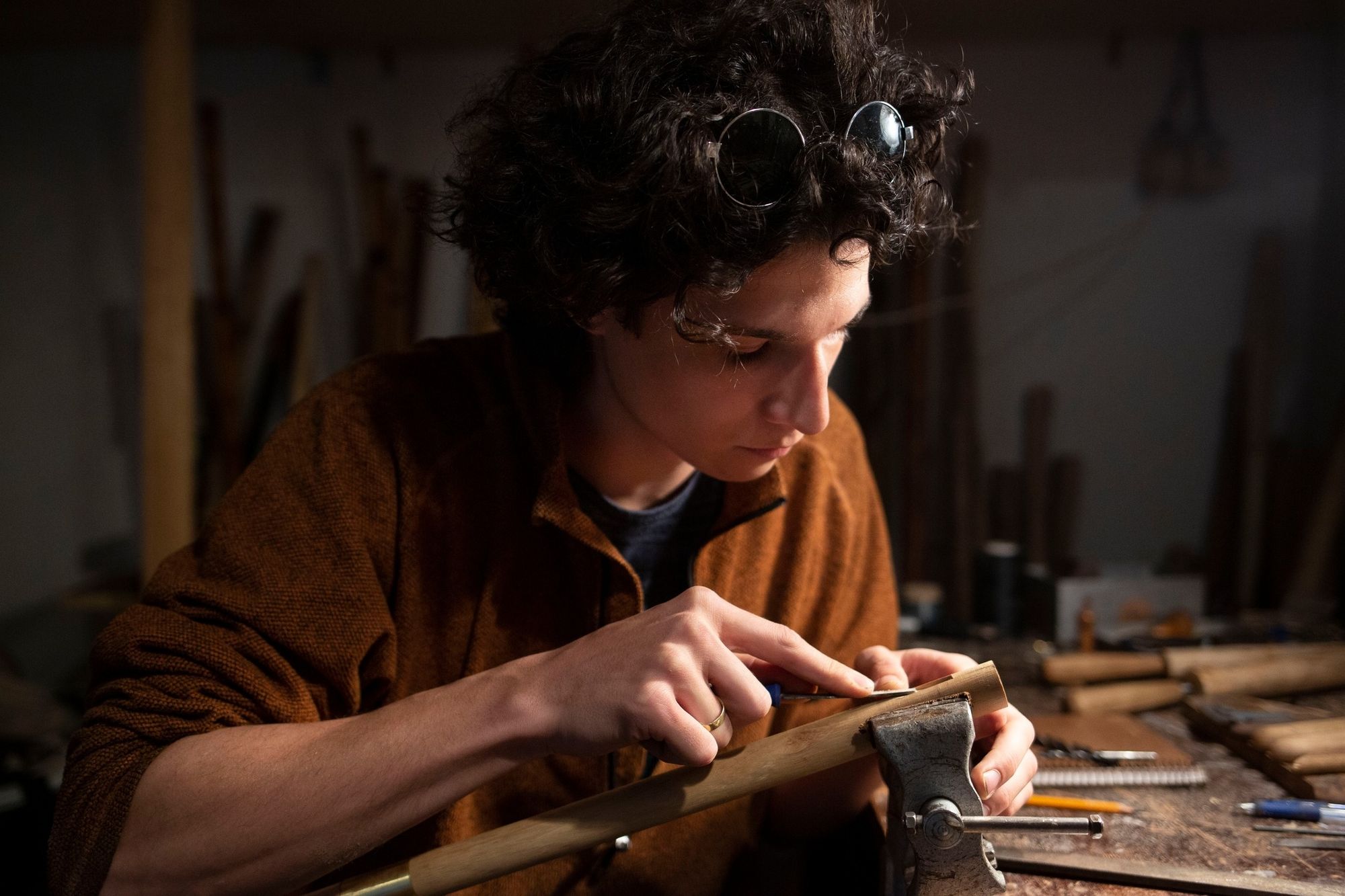Soma Apáthy uses his own modern tools to lure archaic sounds out of his instruments, proving that there is more than one way to preserve folk culture.
Soma found his calling six years ago, during the birth of his daughter, when he decided to make an instrument that he could not only play for her but also pass on to her. He found something that has been one of the most important parts of his life ever since with astonishing simplicity, having never played the flute or made an instrument before, but still being convinced that he had to make it.
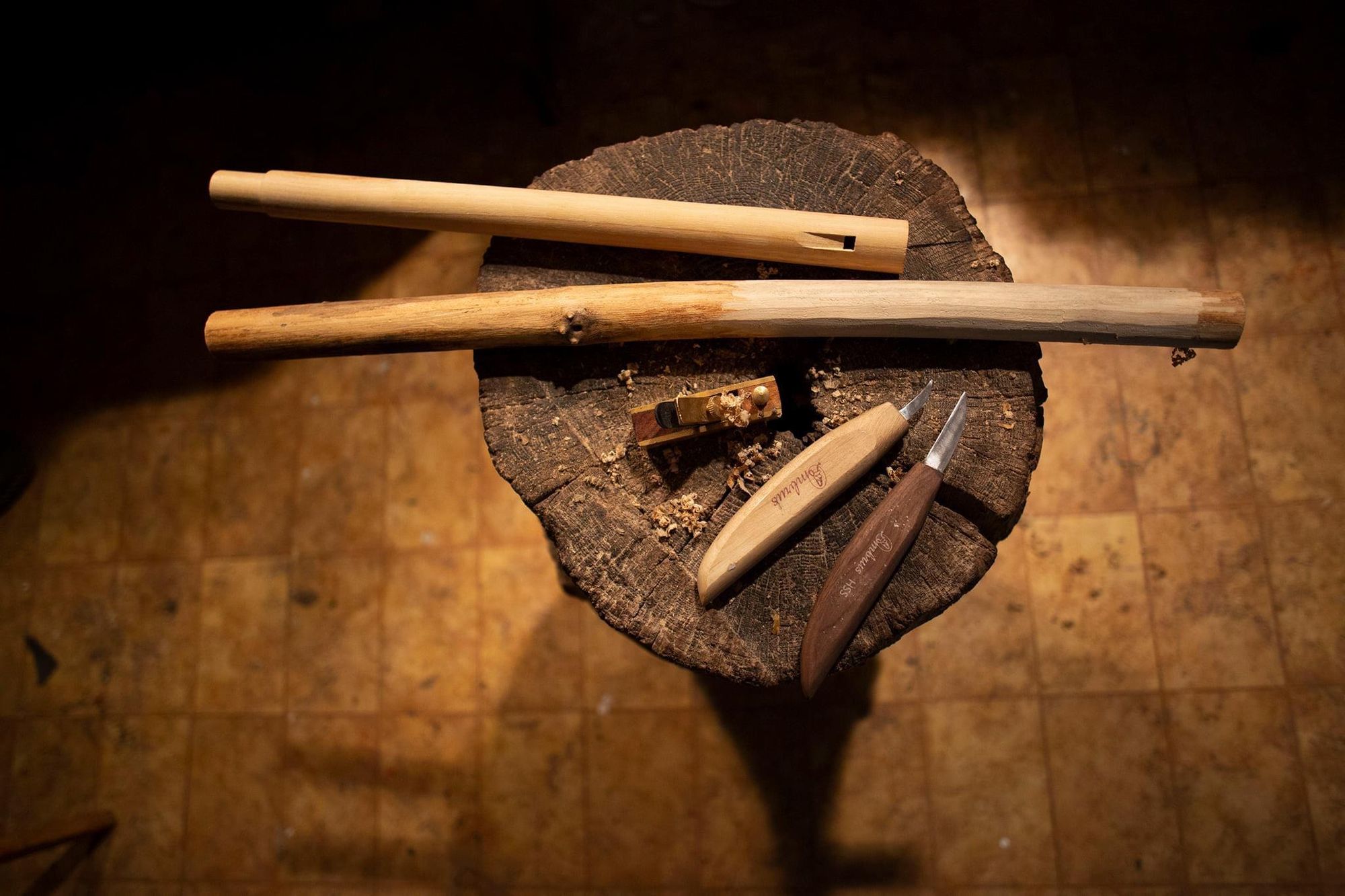
From the very beginning, he was always involved in making things, saying that he can’t remember ever being bored: he was always busy tinkering or playing. He grew up in the valley below Kada Peak, on the edge of Leányfalu, where various tools and nature accompanied him throughout his childhood.
After all, working with wood is inseparable from the forest, where Soma regularly goes to get his raw materials. Although some of his work is done with modern machinery, the elderberry, for example, which he harvests between December and February, is worked exclusively by hand, using the old techniques.
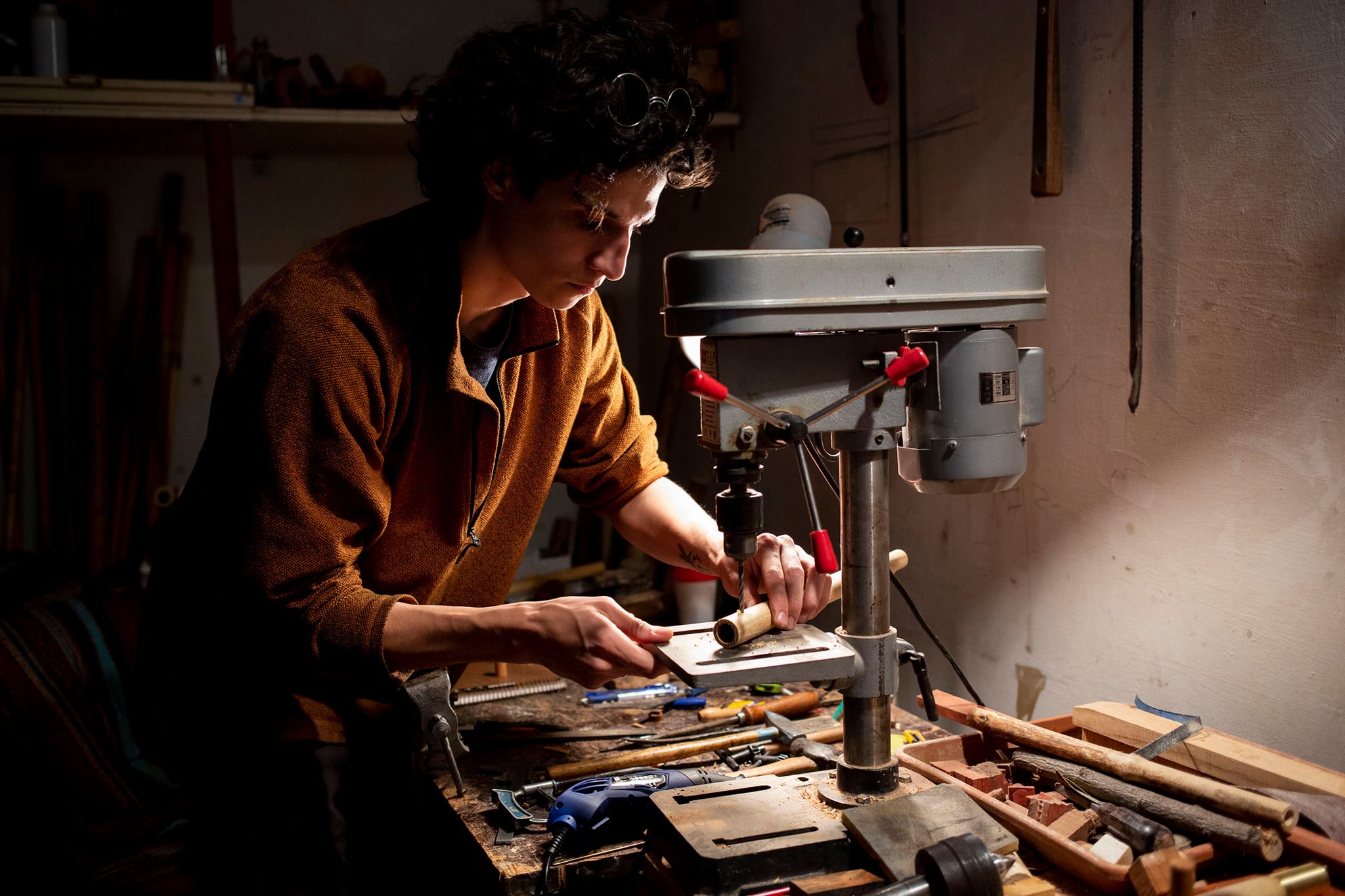
When asked what his craft gives him, he replied:
“It gives me freedom. A sense of freedom. For me, my vocation is a galaxy, a universe in which I can do anything, even though it is a finite thing. For the whistle has a front and an end. Of course I couldn’t build a violin, but I don’t care about that, that’s another dimension. My dimension is wind instruments, and I have great freedom in that.”
As Soma puts it, an instrument maker always follows a perfect sound that only exists in his head. This is what drives them to create the most perfect work possible, to reach that ideal that they follow.
We also spoke to Soma about how creating can lift a person: “Maybe work is a little bit about losing the heavy side of my being for that time as it doesn’t have a role there,” he said.
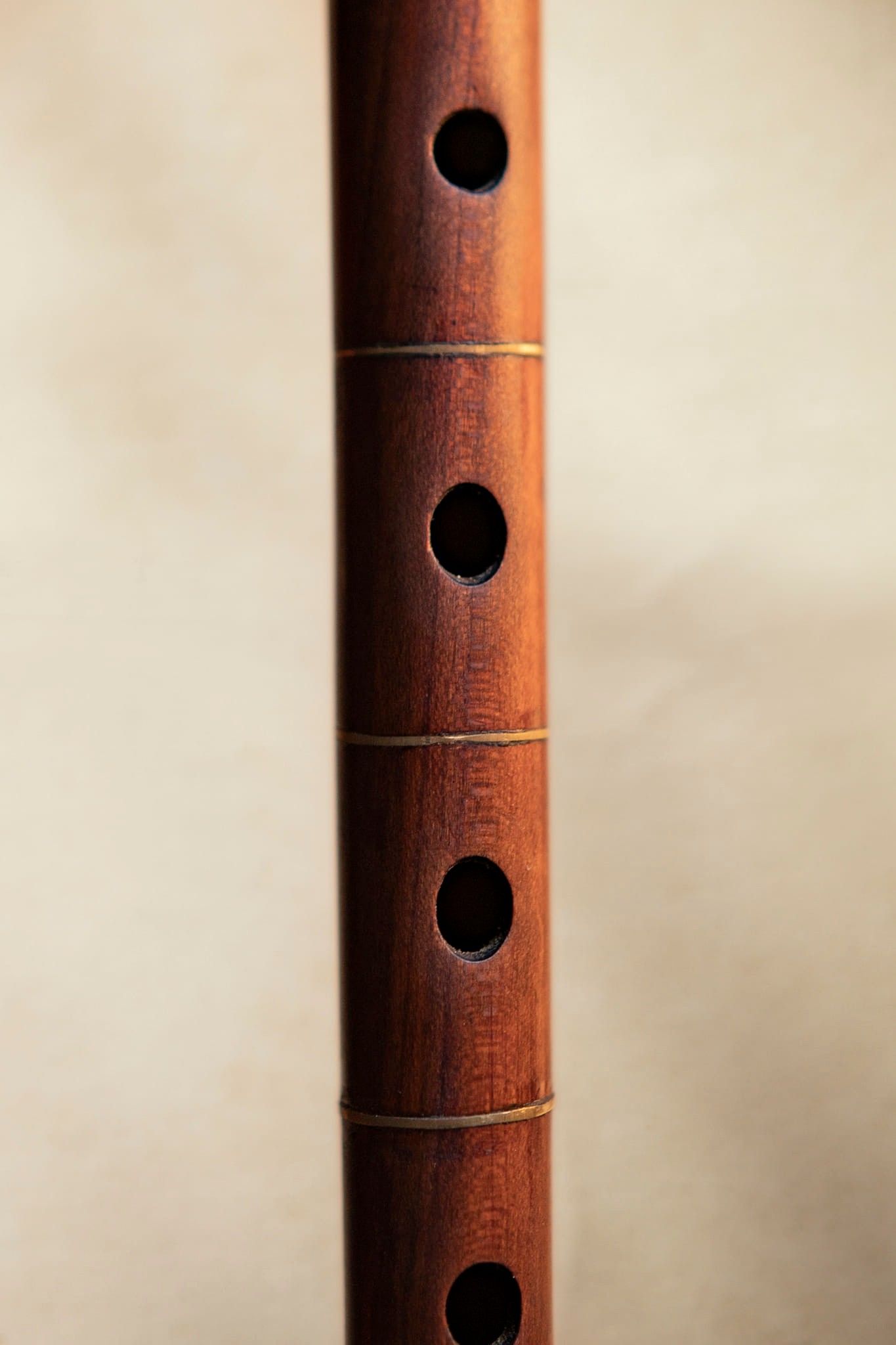
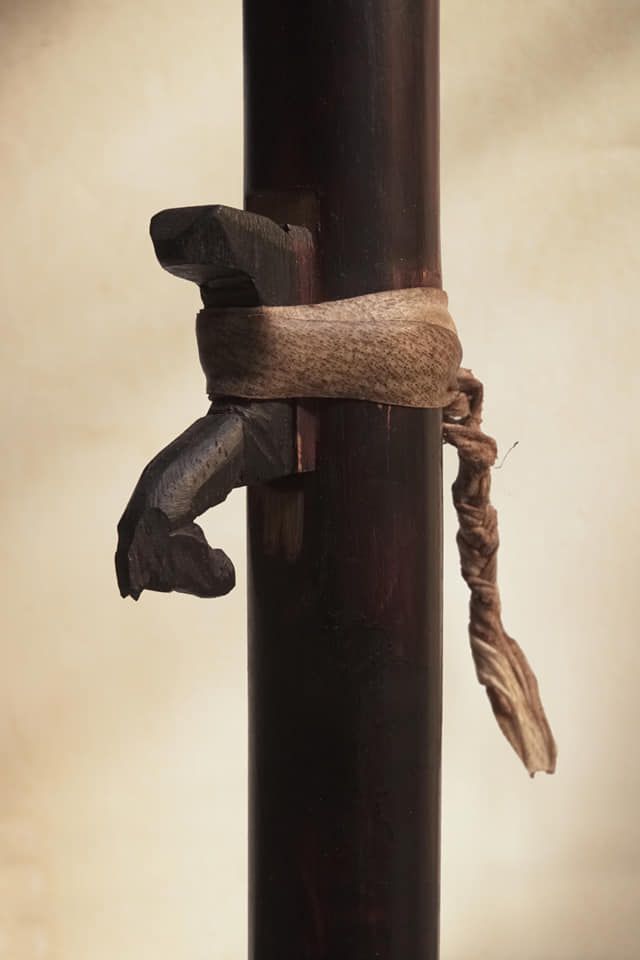
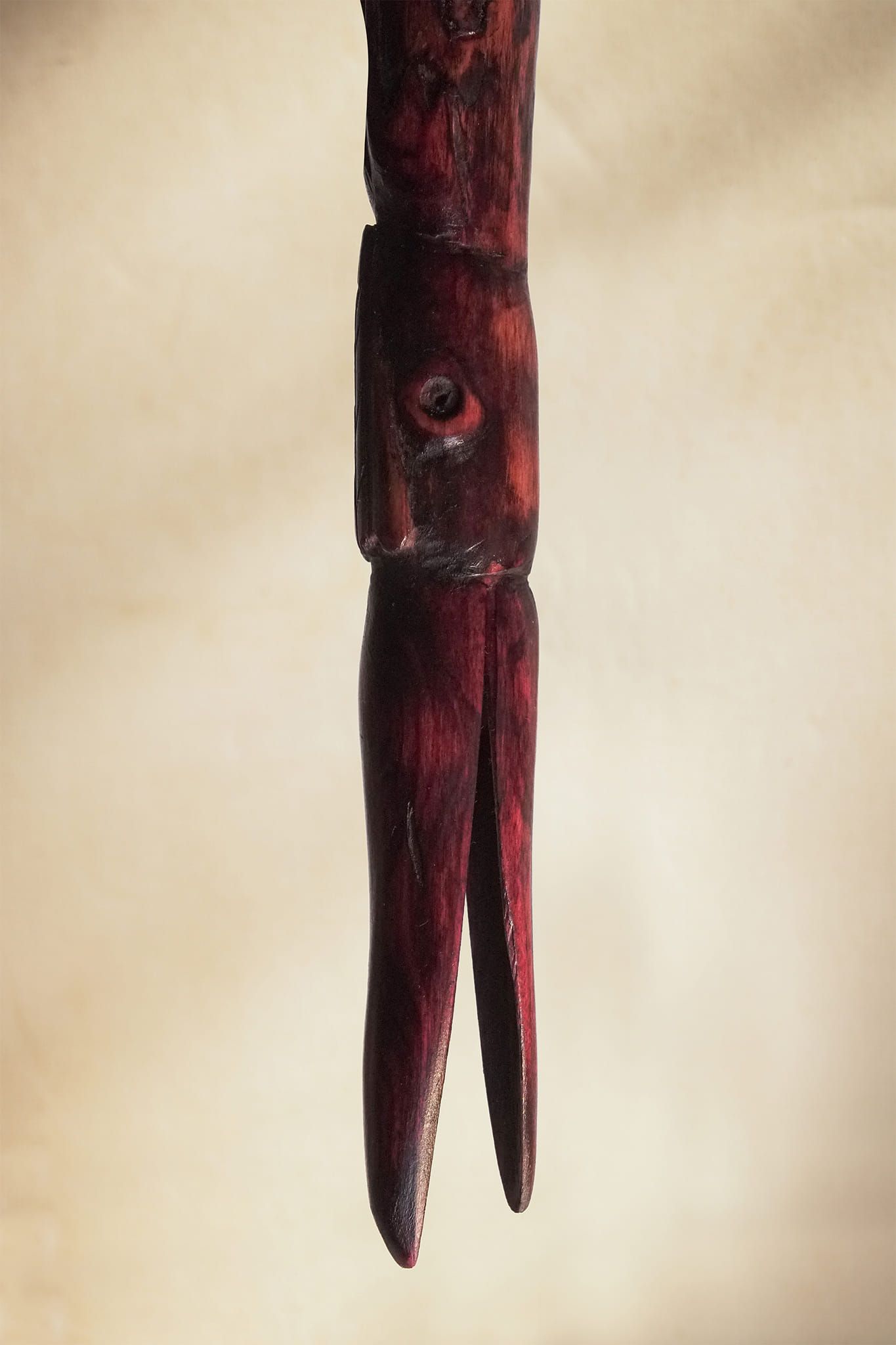
In the future, he would certainly like to develop a unique series of instruments that marry the classical systems with the archaic sounds that are so important to him. His instruments are already different from the traditional, as he has augmented them with a tunable system, and in the future, he wants to push the boundaries of his craft even further.
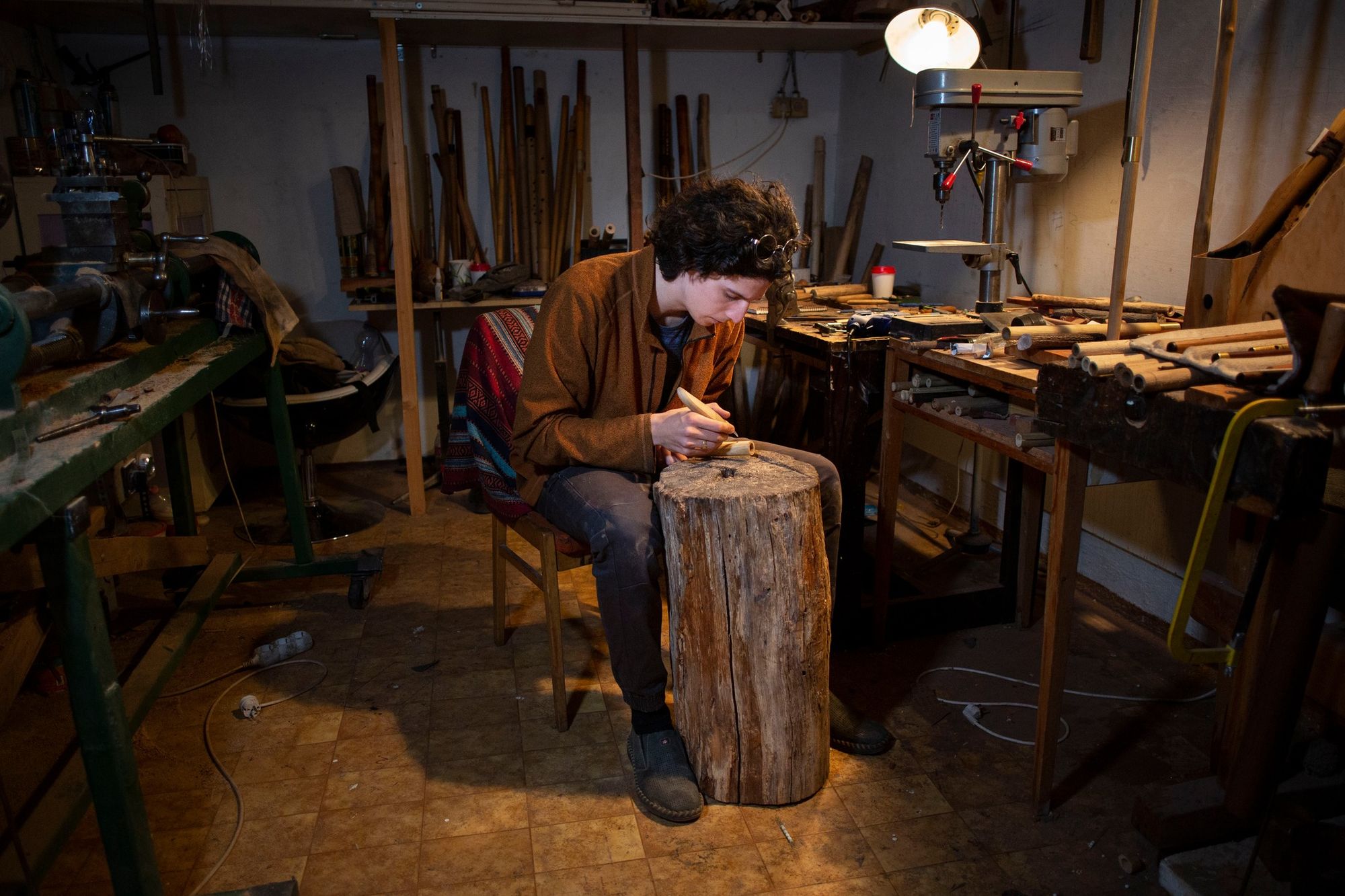
Of course, there are instrument makers who carry on the traditional pastoral methods, but Soma believes that for a man who has been socialized in an urbanized environment in Budapest, like himself, what is authentic is to carry on the heritage of pastoral culture with the help of modern instruments. “If a shepherd in the Great Plain had been given a lathe attached to his hut, he wouldn’t have said ‘But I will make it with a drawknife because that’s authentic.’ He worked the material to the best of his ability using the most modern methods, and that’s also what I do,” he added.
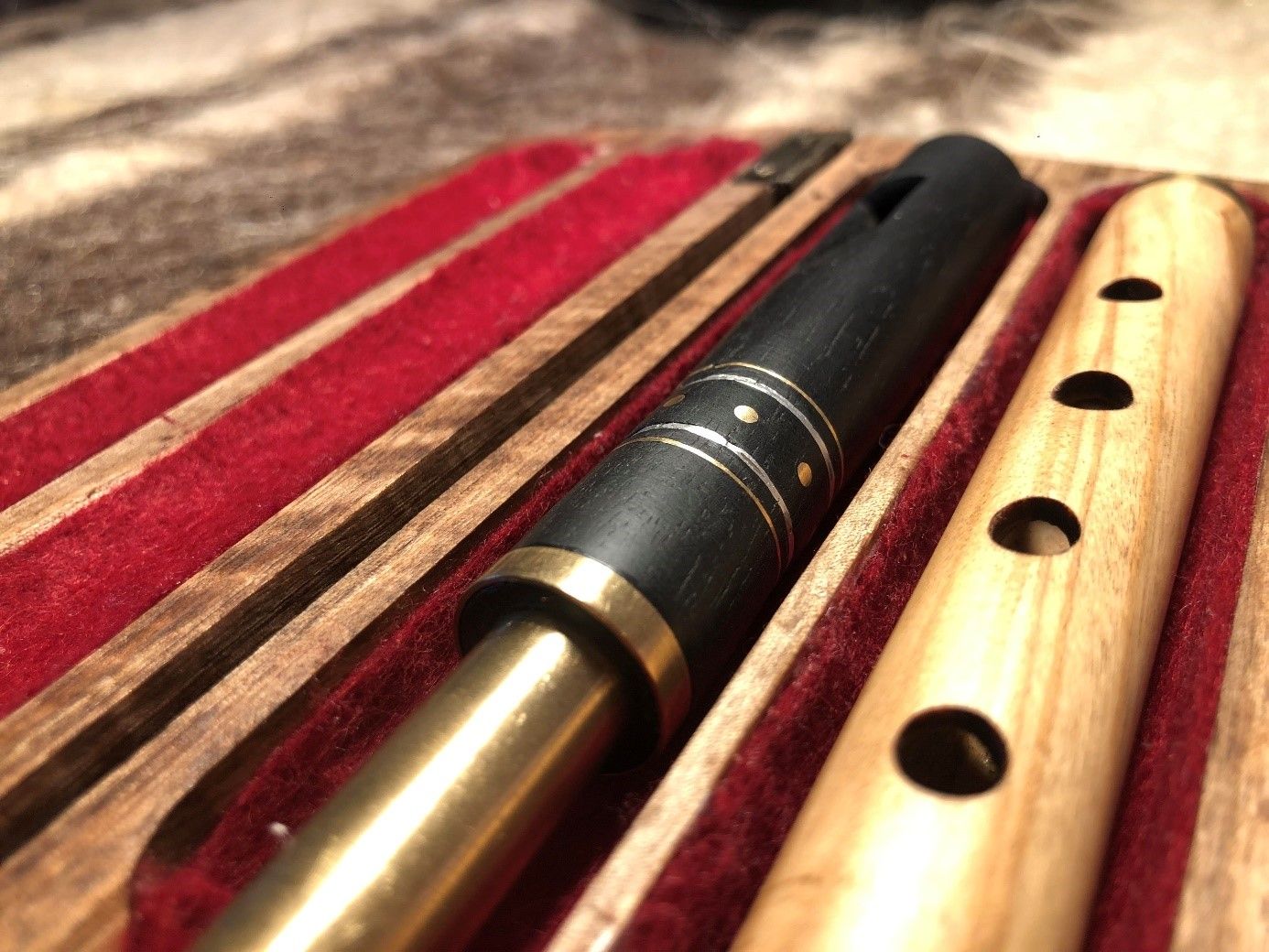
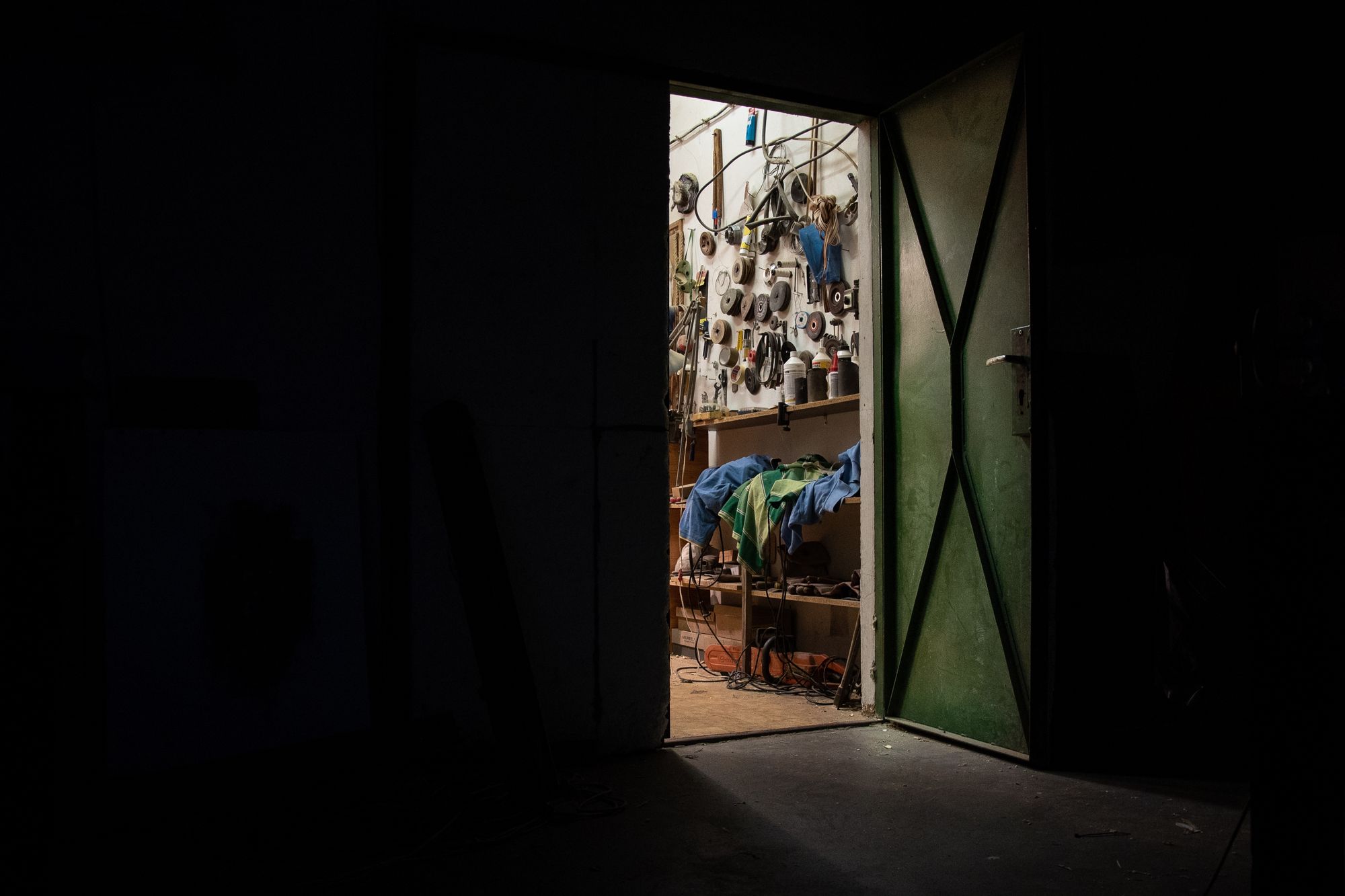
Soma’s work will be on display at the Kunsthalle from 15 April to 3 May as part of the ethnographic exhibition SoulShapes.
Photos: Hajnalka Anna Hurta

Central Europe should be totally shuffled—interview with Pavlo Klimkin

A book exploring the wardrobe of the TV show ‘Euphoria’










